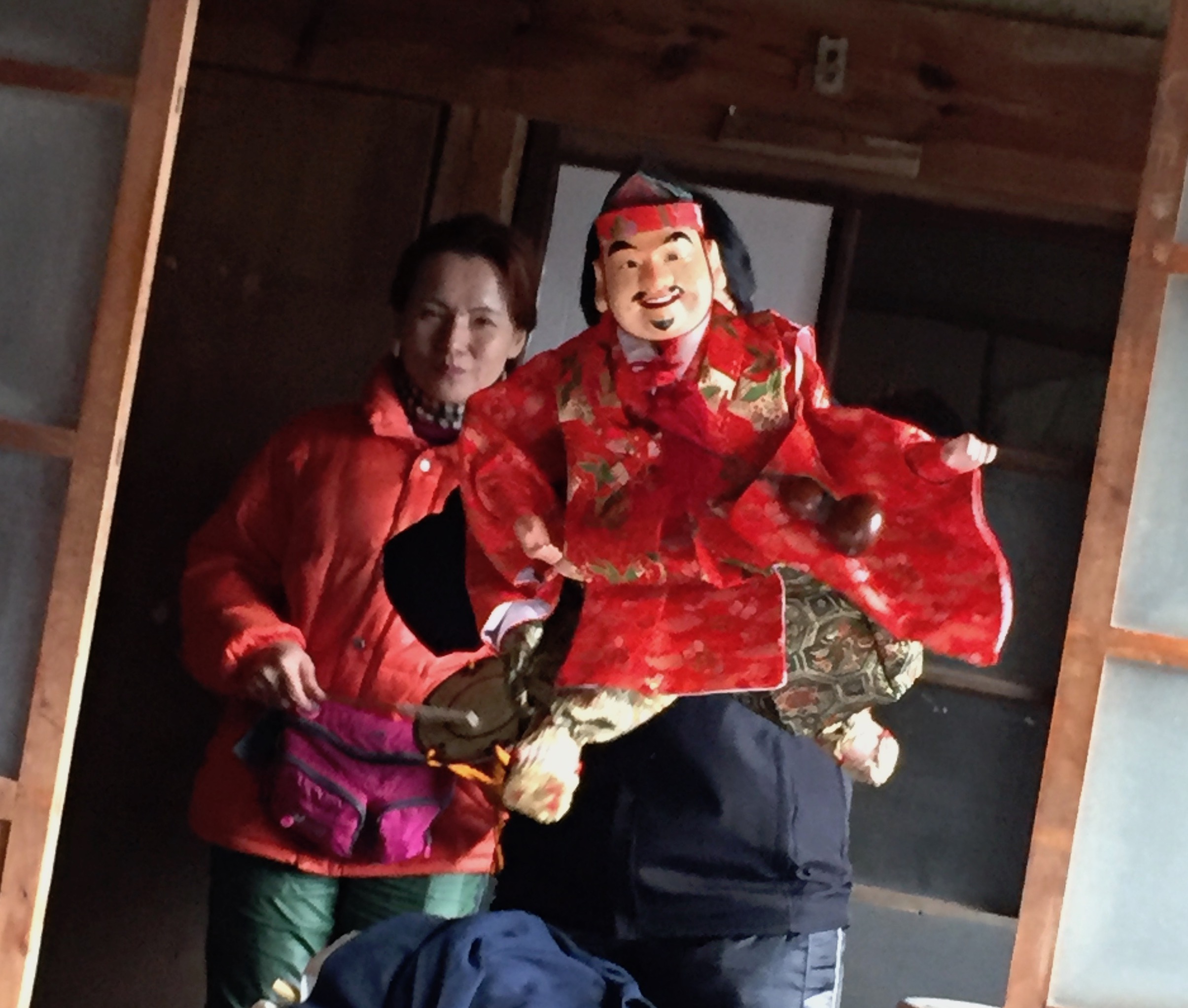This book aims to explore the many types of relationships that exist between puppets, broadly speaking, and the immaterial.
The current popularity of object-oriented ontological-critical models in theatre studies and their usefulness for analyzing performing objects has brought the material nature of puppets and their kin to the forefront of critical discourse.
However, the allure of the puppet goes beyond its material presence and, historically and throughout the world, many puppet traditions and uses of puppets and related objects have expressed and capitalized on what appears to be these objects’ connections to other realms and their ability to serve as vessels or conduits for immaterial presence. The flip side of the puppet’s troubling uncanniness is precisely the possibilities it represents for connecting to other discarnate realities.
Where do we see such connections, both in traditional forms of puppetry and contemporary artistic work? How do we talk about, describe, analyze, or theorize these relationships? How do they show up in both old and new ways in contemporary settings? What new questions do these relationships address in our time, and how does the puppet’s continued entanglement with them trouble or comfort us?
Some possible topics include, but are not limited to
- How have puppets served as means for transmitting, transforming, or preserving religious dogmas and theological understandings?
- How has the social status of the puppet, and its relationship to other belief systems changed within a context of global capital, rapid industrialization and economic development? How has puppetry carved out both spaces of resistance and accommodation to new societal forces?
- How do museums and other cultural institutions reckon with objects of powerful spiritual agency?
- How do objects “perform” within religious rituals, processions, and spiritual gatherings?
- How do spiritual beliefs or spiritual capabilities relate to new technological “puppet” entities, such as robots and other objects possessing AI, and their capacities for performing like humans or exhibiting human-like consciousness?
Proposals for essays by or interviews with practitioners whose work is within the scope of this inquiry will also be considered.
Please submit a title and 400- to 500-word abstract describing your proposed chapter, including the theoretical and/or methodological approach you will be applying to your area of inquiry, along with a 100 word bio.
Please send proposals to Claudia Orenstein and Tim Cusack at corenste14@gmail.com and tpcflip@gmail.com by January 1st, 2020.

